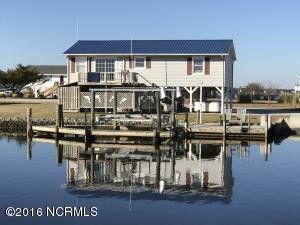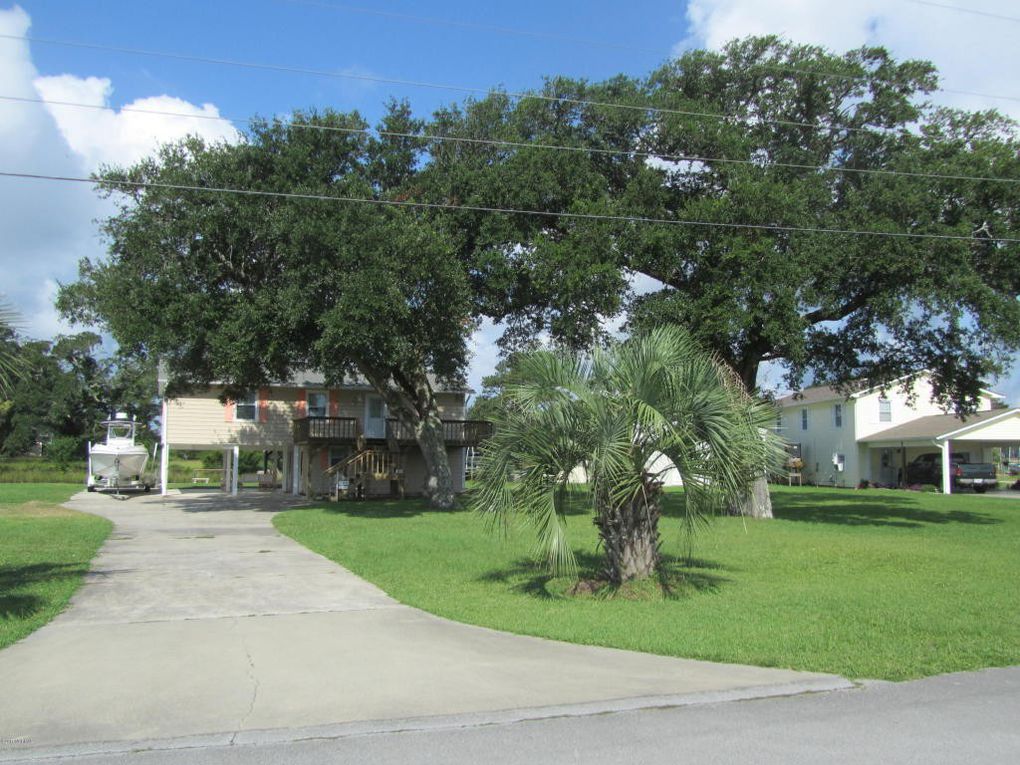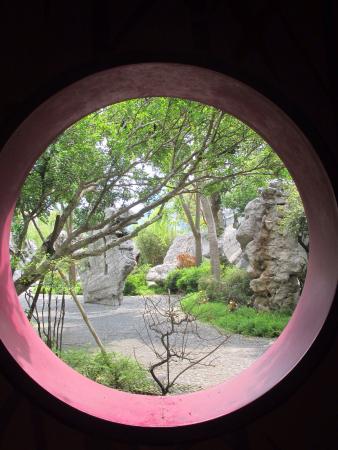
noun
- reddish brown.
- a horse or other animal of reddish-brown color.
adjective
- (of horses or other animals) having a reddish-brown body.
noun
- a wide semicircular indentation of a shoreline, esp between two headlands or peninsulas
- an extension of lowland into hills that partly surround it
- US an extension of prairie into woodland
noun
- an alcove or recess in a wall
- any partly enclosed compartment, as one in which hay is stored in a barn
- See bay window
- an area off a road in which vehicles may park or unload, esp one adjacent to a shop, factory, etc
- a compartment in an aircraft, esp one used for a specified purposethe bomb bay
- nautical a compartment in the forward part of a ship between decks, often used as the ship’s hospital
- British a tracked recess in the platform of a railway station, esp one forming the terminus of a branch line
noun
- a deep howl or growl, esp of a hound on the scent
- at bay
- (of a person or animal) forced to turn and face attackersthe dogs held the deer at bay
- at a distanceto keep a disease at bay
- bring to bay to force into a position from which retreat is impossible
verb
- (intr) to howl (at) in deep prolonged tones
- (tr) to utter in a loud prolonged tone
- (tr) to drive to or hold at bay
noun
- Also called: bay laurel, sweet bay a small evergreen Mediterranean laurel, Laurus nobilis, with glossy aromatic leaves, used for flavouring in cooking, and small blackish berriesSee laurel (def. 1)
- any of various other trees with strongly aromatic leaves used in cooking, esp a member of the genera Myrica or Pimenta
- any of several magnoliasSee sweet bay
- any of certain other trees or shrubs, esp bayberry
- (plural) a wreath of bay leavesSee laurel (def. 6)
noun
-
- a moderate reddish-brown colour
- (as adjective)a bay horse
- an animal of this colour, esp a horse
“to bark or howl (at),” late 14c., from bay (n.3). Related: Bayed; baying.
“inlet of the sea,” c.1400, from Old French baie, Late Latin baia (c.640), perhaps ultimately from Iberian bahia.
“opening in a wall,” late 14c. (especially bay window, early 15c.), from Old French baee “opening, hole, gulf,” noun use of fem. past participle of bayer “to gape, yawn,” from Medieval Latin batare “gape,” perhaps of imitative origin. It is the bay in sick-bay.
“howl of a dog,” early 14c., earlier “howling chorus raised (by hounds) when in contact with the hunted animal,” c.1300, from Old French bayer, from PIE root *bai- echoic of howling (cf. Greek bauzein, Latin baubari “to bark,” English bow-wow; cf. also bawl). From the hunting usage comes the transferred sense of “final encounter,” and thence, on the notion of putting up an effective defense, at bay.
“reddish-brown,” usually of horses, mid-14c., from Anglo-French bai (13c.), Old French bai, from Latin badius “chestnut-brown” (used only of horses), from PIE *badyo- “yellow, brown” (cf. Old Irish buide “yellow”). Also elliptical for a horse of this color.
laurel shrub (Laurus nobilis, source of the bay leaf), late 14c., originally only of the berry, from Old French baie (12c.) “berry, seed,” from Latin baca “berry.” Extension to the shrub itself is from 1520s. The leaves or sprigs were woven as wreaths for conquerors or poets. Bayberry first recorded 1570s, after the original sense had shifted.
- A body of water partially enclosed by land but having a wide outlet to the sea. A bay is usually smaller than a gulf.
- A space in the cabinet of a personal computer where a storage device, such as a disk drive or CD-ROM drive, can be installed.
see at bay.
 Liberal Dictionary English Dictionary
Liberal Dictionary English Dictionary




